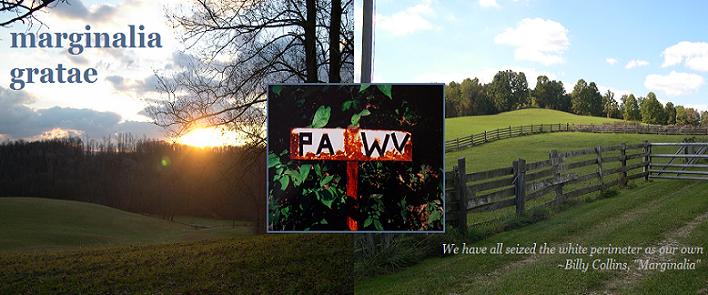and—WOW—did I just refer to myself as a ‘Sconnie? Anywho . . .
. . . [we] went to the polls to, among other things, right a 78 year-old wrong: voters overwhelmingly voted to remove (in part) the partial veto power of the governor. Since 1930, gubernatorial power included the lawful ability to selectively edit proposed spending legislation by removing words, phrases, numbers, and the like then splicing together all that remained to form a new spending bill, even if the new legislation bore no resemblance to the original. For an example, take a look at this. There are many ways to describe such a practice:
falsification
inaccurate alteration
democratic circumvention
unethical omission
adulteration and/or bastardization
rhetorically reprehensible action
‘Round here, it is most often referred to as the “Frankenstein Veto,” and it proved a mighty unpopular practice among voters (71% voted to amend the state constitution to ban the practice).
I am not necessarily opposed to veto power. I’m not even (theoretically) opposed to line-item veto power when it is used to strike down language units in their entirety. Both offer the potential for further deliberation and negotiation between executive and legislative powers, and both possibilities limit the potential for abuses or imbalances of power; however, this business of reconfiguring meaning by systematically deleting, fragmenting, and reorganizing symbols? Bah.
As one who teaches writing and rhetoric, I am relieved that the next time I instruct students about ethical and accurate research practices and language use, about authorship and intellectual probity—and most particularly about the importance of maintaining the integrity of language in quotations—there will be less (and I do emphasize less) of a disjunct between the practices I endorse (or insist upon) and the practices of one of our nation’s most prominent sites for rhetorical engagement.
It is a small victory, as the specific language of the referendum passed yesterday delimits only the scrapbooking together of the fragmented remains following the culling of the governor’s undesired bits of the legislation and not the selective culling itself, but it is victory nonetheless.


1 comment:
Yes, as long as you live there, you are a 'Sconnie. And to some degree this is true after you leave, but it can be cured :). Love the new look of the blog. Sorry you couldn't make it to Nawlins.
Post a Comment